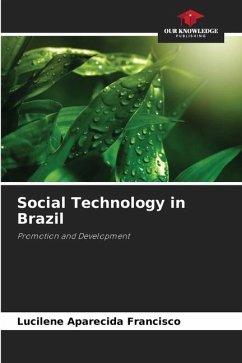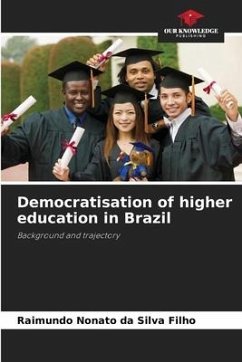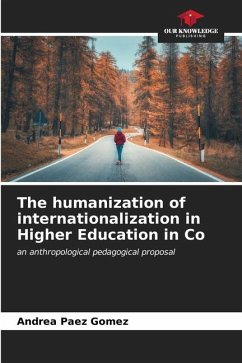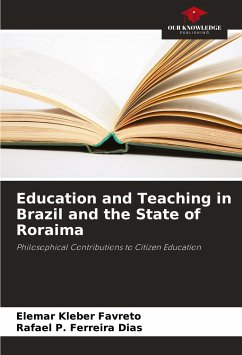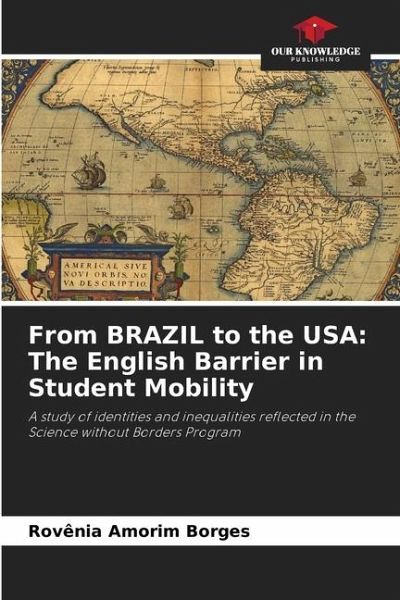
From BRAZIL to the USA: The English Barrier in Student Mobility
A study of identities and inequalities reflected in the Science without Borders Program
Versandkostenfrei!
Versandfertig in 6-10 Tagen
34,99 €
inkl. MwSt.

PAYBACK Punkte
17 °P sammeln!
In times of globalization of education, there is a growing flow of tertiary level students around the world who cross the borders of their countries in search of knowledge, partnerships in research projects and cultural experiences. At the beginning of the second decade of the 21st century, in the euphoria of Brazil's neo-developmentalist policy, almost 100,000 participants in the Science without Borders Program completed part of their studies abroad. Although the United States was the main country of destination, the English language, due to the low proficiency of the scholarship holders, pro...
In times of globalization of education, there is a growing flow of tertiary level students around the world who cross the borders of their countries in search of knowledge, partnerships in research projects and cultural experiences. At the beginning of the second decade of the 21st century, in the euphoria of Brazil's neo-developmentalist policy, almost 100,000 participants in the Science without Borders Program completed part of their studies abroad. Although the United States was the main country of destination, the English language, due to the low proficiency of the scholarship holders, proved to be the major obstacle to this mobility policy, strategically designed to boost the internationalization of technical and scientific research and Brazil's economic growth. The result of two years of research, the book presents a wide-ranging intersectional analysis of the students' profile, namely by gender, race and social class, to reveal how the inequalities and privileges latent inBrazilian society and education system were reflected and perpetuated in the most ambitious international education program in the country's history.



